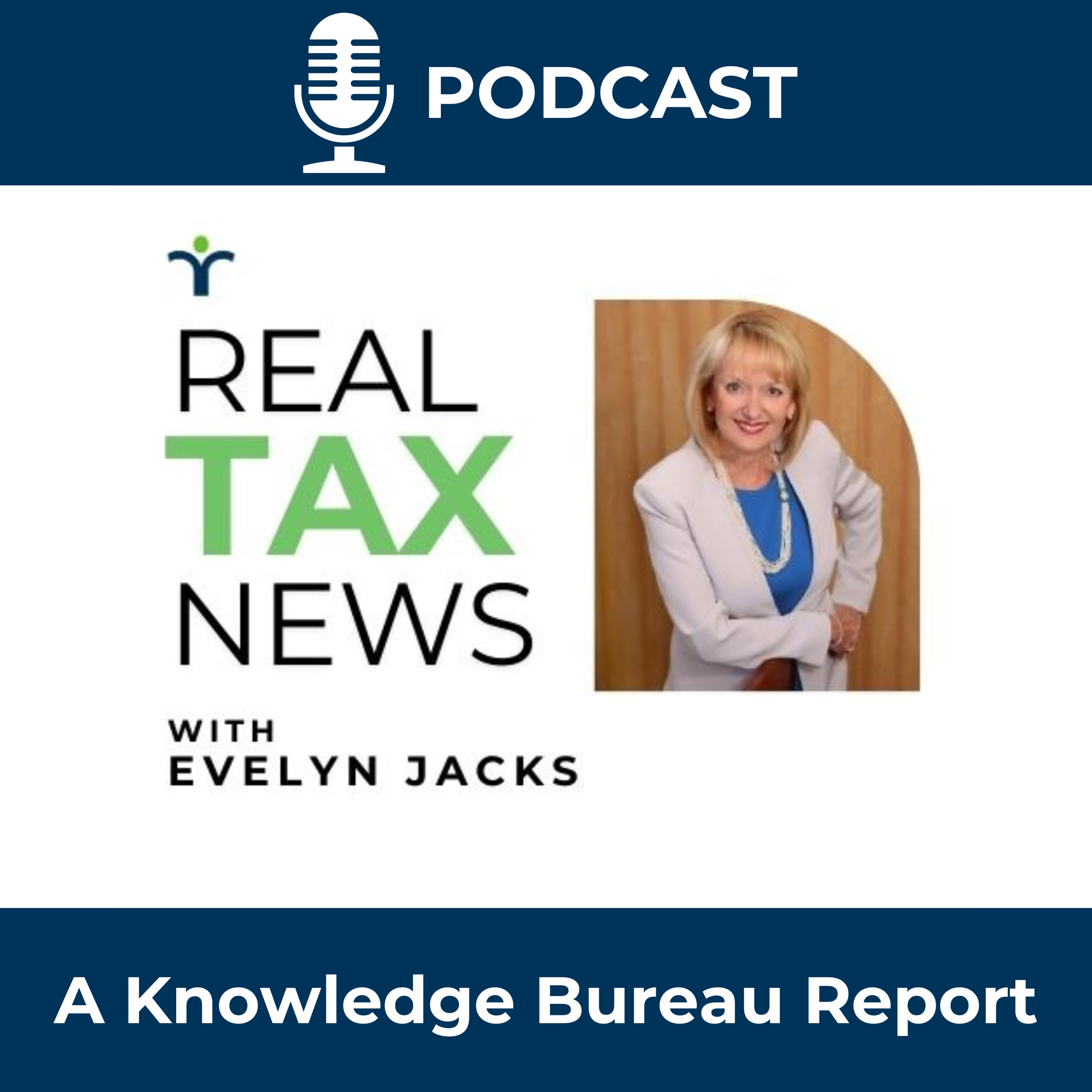Last updated: October 07 2025
FHSA: The Positives and Negatives

Geoff Currier and Evelyn Jacks
Buying that first home is difficult but there is some good news. Recently costs of both homeownership and renting have dropped and interest rates are at a decent rate of around 4% in the month of October. There is also an excellent tax-assisted savings plan available to first time homebuyers – the FHSA – but here’s a problem: its importance is not being well communicated. This is where tax and financial professionals can help with some year end tax planning.
Something that used to be almost a given is, for many young Canadians, more of a wish than a hope. Even the federal government was forced to acknowledge that fact. In one of its own news releases Solving the Housing Crisis: Canada's Housing Plan the government concedes that “If you work hard in this country, you should be able to afford a home. But that middle class dream is feeling further and further out of reach.”
The Backdrop: What is the price of housing in Canada? Here are some recent stats from Nesto:
- The average selling price of a home in Canada decreased by 3.4% year-over-year to $686,800 in August 2025.
- The average selling price of a single-family home in Canada decreased by 2.9% year-over-year to $764,800 in August 2025.
- The average selling price of a townhouse/multiplex in Canada decreased by 4.6% year-over-year to $626,200 in August 2025.
- The average selling price of a condo in Canada decreased by 5.3% year-over-year to $486,000 in August 2025.
- The average rent in Canada decreased by 1% year-over-year to $2,122 for August 2025.
Also, as of October 7, 2025, the lowest mortgage rate in Canada was 3.89% for a 5-year fixed. The homeownership prices are still high, no doubt, but the trend is encouraging.
FHSA - A Cornerstone of Savings for Home Ownership. The First Home Savings Account (FHSA) was created in 2023. While more than three quarters of a million individuals have opened an FHSA, the message has not been well communicated. As tax professionals who may be working with younger clients you are in an excellent position to advise them on the benefits of an FHSA.
Considering how recently this program was introduced and the relatively poor communication on the part of the government, the uptake has been healthy. According to StatsCan, approximately 739,000 individuals have opened an FHSA. The average amount sitting in those accounts is $3,899. The total is almost $3.8 billion.
Who is it For? The target demographics for this plan are the Millennials, otherwise known as Generation Y (born between the early 1980’s and late 1990’s) and Generation Z (born late 1990’s to mid 2010’s). But seniors and others who haven’t owned a home in the year the FHSA is opened or any of the four preceding years, may be eligible savers. Most people don’t know that. You also must be a Canadian resident, at least 18 and no older than age 71 by the end of the year in which you open the account.
The Triple Win. The principle for savings with the FHSA is a good one; in fact, a triple win. Young people can put money away for a down payment on their first home and reduce their net and taxable income in the process, as the investment qualifies for a tax deduction. That means less tax and in some cases more refundable and non-refundable tax credits become available. That’s great news.
You can present the FHSA as an option for your clients who may be thinking whether an RRSP or TFSA is the right option. Doing both is optimal: double up on tax deductions for starters, but also the RRSP contains a Home Buyers Plan feature within it to further assist with a down payment.
How it Works: The FHSA allows for a maximum contribution of $8,000 per person each year up to a maximum of $40,000 over five years. Theoretically, a couple who contributes the maximum amount over a five year period would have accumulated an $80,000 down payment on a home. That amount could be greater with the tax free investment returns. The most appealing aspect of this account is that the money which goes in is tax deductible and is not taxed on withdrawal if the money is used for the first home down payment.
A Reality Check: This is all theory, however. In practice few will be able to make the maximum contribution and a saving of a few thousand dollars will be of limited use when it comes to making a downpayment. For example, the median house price in Vancouver is more than $1.1 million so that even that couple who had maxed out in their FHSA would struggle to come up with a 10% down payment. The same would be true in the Toronto area as well as other communities across Canada.
But it’s a step in the right direction. Further savings will be required.
If you are dealing with higher income Millennials or Gen Z’s, an FHSA might still be a sound option since the money from those accounts is not taxed when applied to a first home. They might be able to come up with the balance of the required downpayment through family.
As mentioned, your clients can also draw down on their RRSP’s at the time of home purchase if extra cash is needed over and above what they have in their FHSA If the required Home Buyers Plan repayment for a year is not made (made by purchasing RRSPs) then the amount of the required repayment is added to income and it is treated as an RRSP withdrawal down the line.
The Bottom Line: If your clients are of average or lower income and are currently paying rent they may never be able to set aside enough money to buy that first home which was once considered almost a birthright in Canada.
Their best hope might be help from their Boomer parents. That’s where intergenerational planning comes in, the key expertise of a Real Wealth Manager. Consider earning your RWM™ credentials today. The more knowledge you can pass along to your clients, the more empowered they will be to make the best decisions for their financial future.
Stay tuned weekly to Knowledge Bureau Report for continuing coverage of breaking tax and economic news and tune in to a new podcast- Real Tax News You Can Use with Evelyn Jacks: podcast@knowledgebureaureport.com

